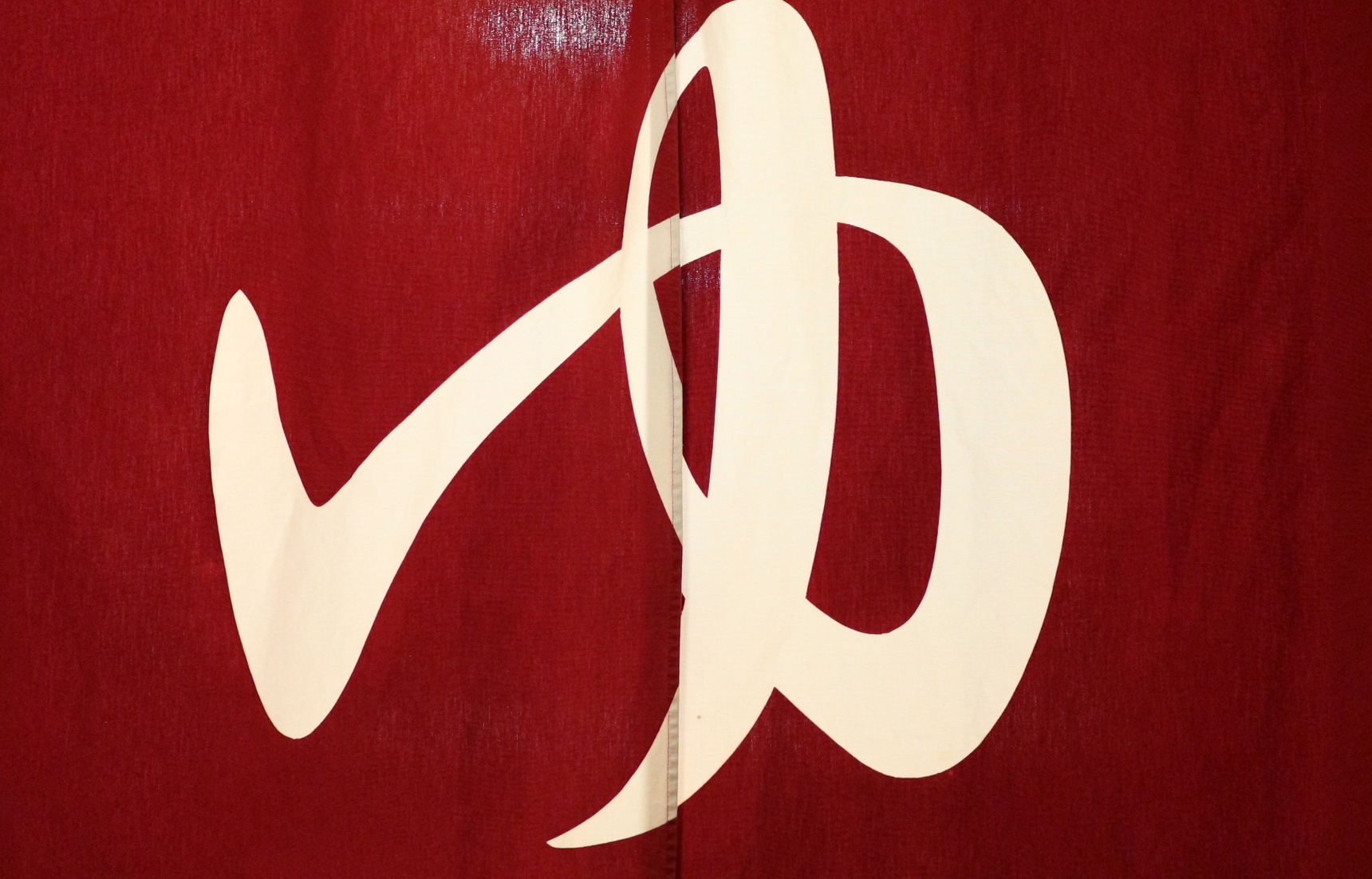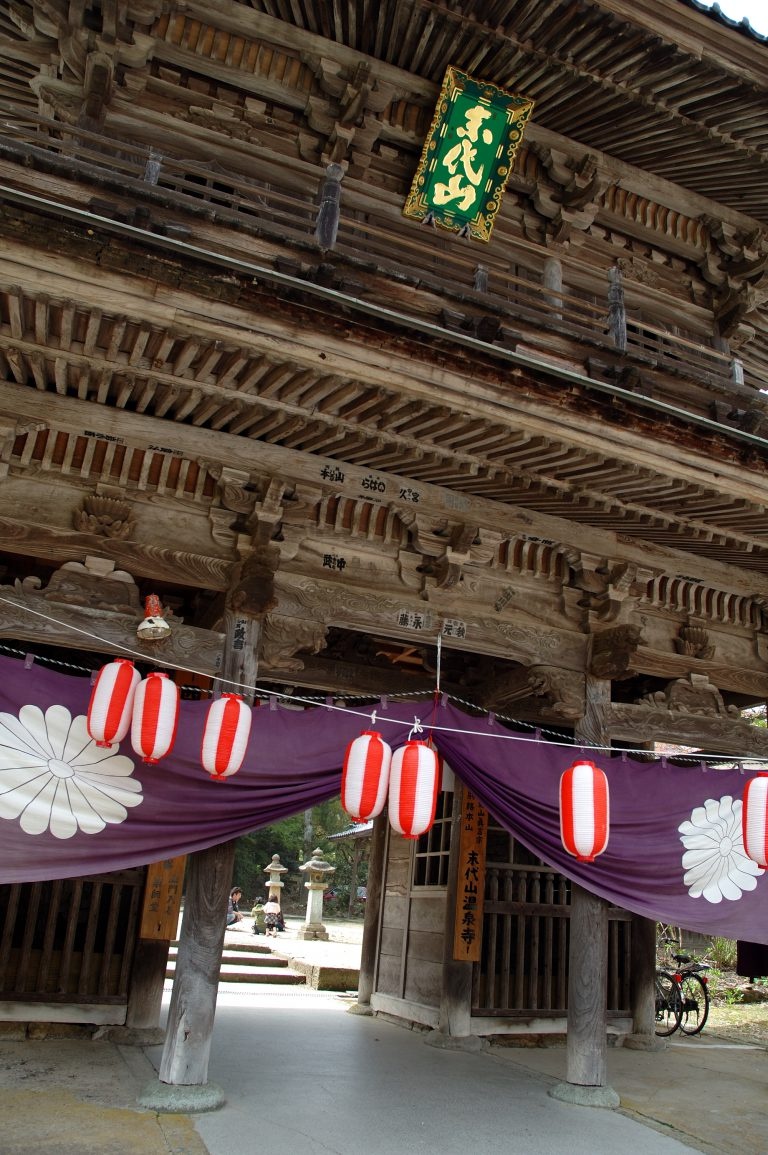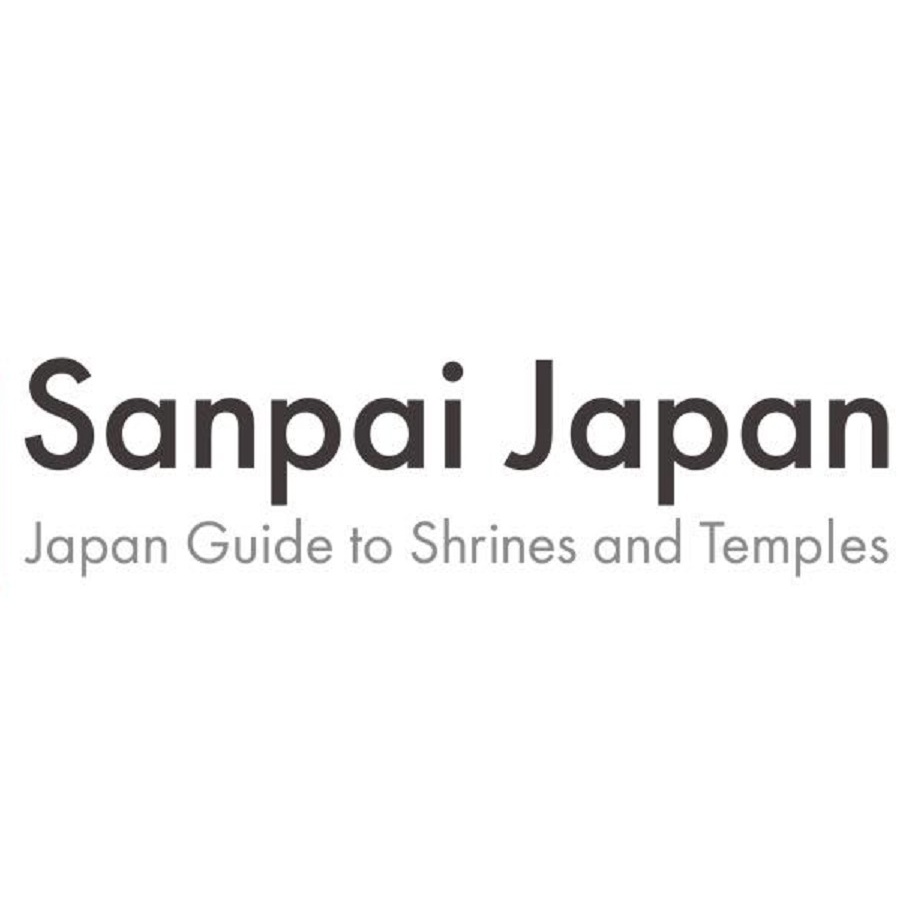Can You Keep a Secret? 4 Hidden Hot Springs
Onsen, or Japanese hot springs, are a vital part of Japan’s traditional culture and can help you feel relaxed and comfortable. Check out the amazing atmosphere of these unique and hidden hot springs.
By Sanpai JapanWhat is an 'Onsen?'
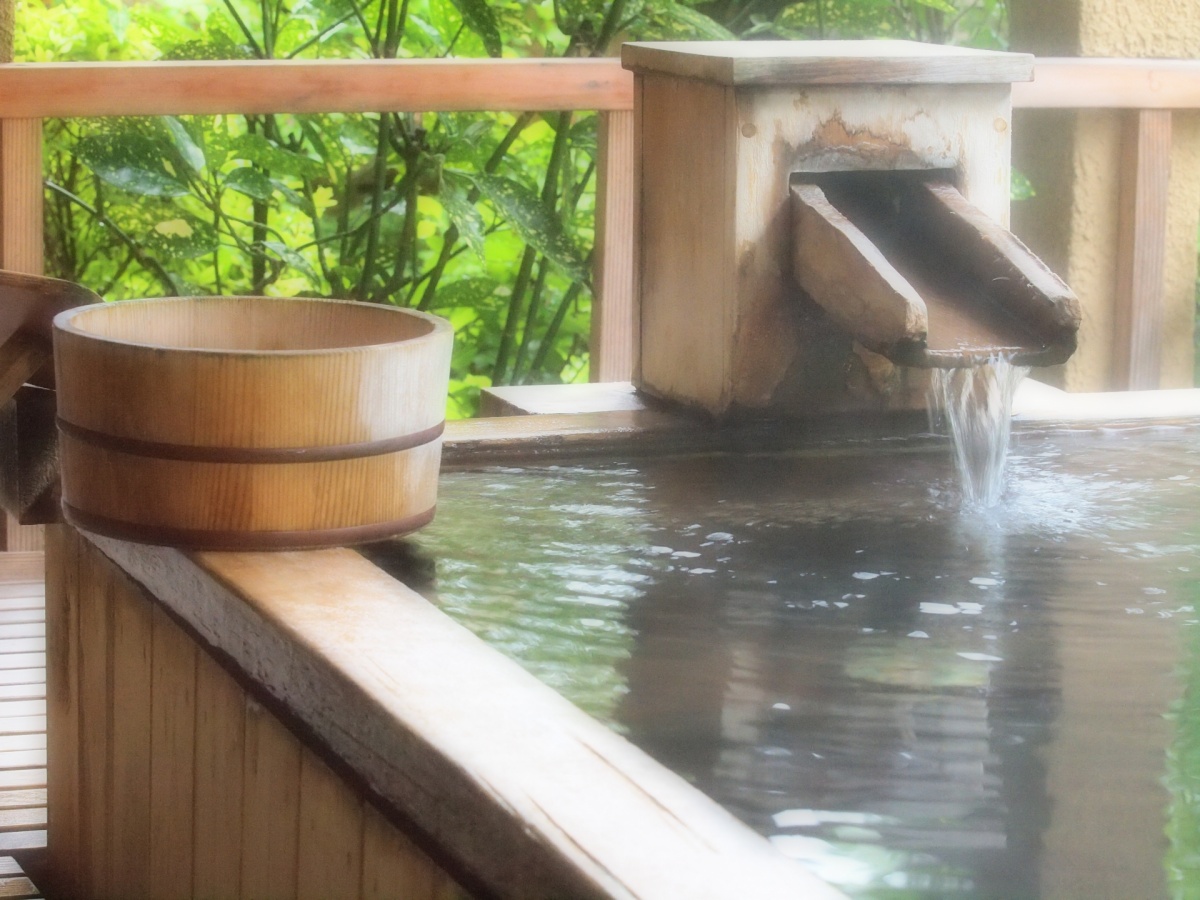
http://sanpai-japan.com/2016/11/21/can-you-keep-a-secret-four-secret-hot-springs/
An onsen is a Japanese hot spring, including the bathing facilities and inns frequently situated around them. As a volcanically active country, Japan has thousands of onsen scattered throughout its length and breadth. While earthquakes occur often in Japan, it still benefits greatly from nature. Japan believes that onsen is one of the many gifts it has received from nature. Onsen were traditionally used as public bathing places and today play a central role in Japanese domestic tourism.
In Japan, anyone that enters the bath must be naked. There's a saying that goes, “hadaka no tsukiai,” which means, “we are equal when we are naked.” Whether you are a rich or poor person, when you're naked, we are all the same. In Japan, it's normal to share a bath as a form of communication. Do you feel that this is strange? Don’t think about it too much. There's no better place to be open and true to yourself. It's a part of Japanese culture.
Usually, people recommend famous onsen, such as the Hakone Onsen, Kusatsu Onsen, Beppu Onsen, Takarazuka Onsen and so forth, but people who love Japan already know of these. Today, we are going to introduce some onsen that even most Japanese don’t know about. These onsen are a kind of secret place because they are located at temples and shrines. People are often surprised that there are onsen at temples and shrines, which are considered historical places and religious buildings. Imagine, for example, if there were an onsen at a church.
You can have a great time experiencing both Japanese traditional culture of temples and shrines at the same time as experiencing an onsen. This experience is will likely be much better than if you were to visit a normal onsen. All the temples and shrines are wonderful and they have marvelous hot springs. Here they are!
1. Yumoto Onsen-ji Temple
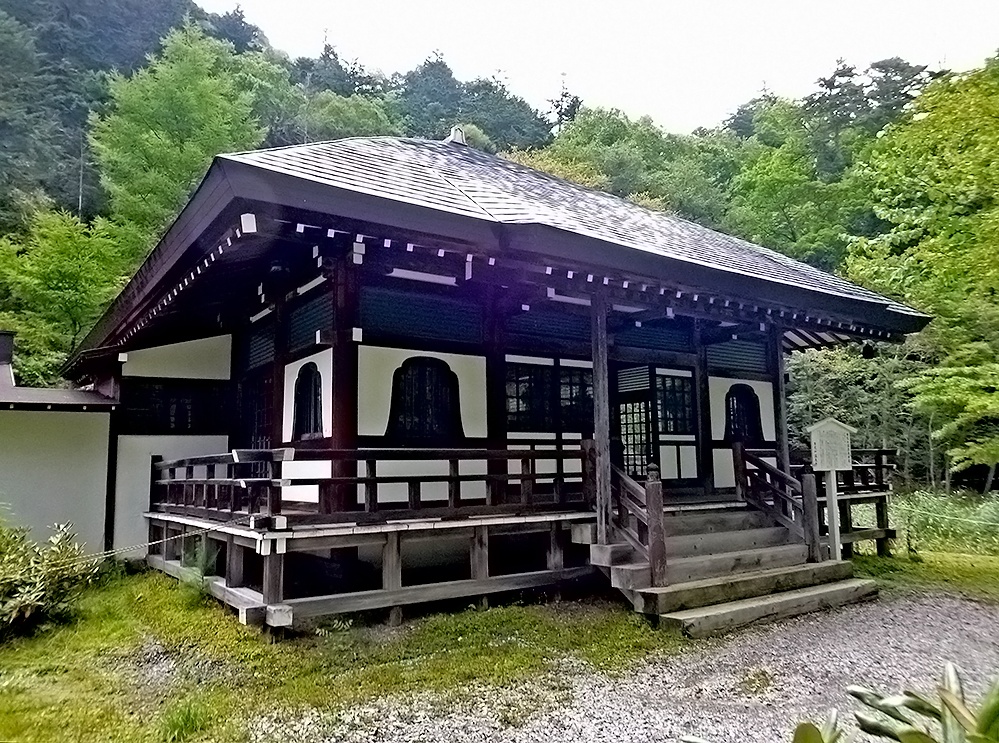
http://sanpai-japan.com/2016/11/21/can-you-keep-a-secret-four-secret-hot-springs/
The Yumoto Onsen Temple is branch of Nikkozan Rinno-ji Temple and it's one of the World Heritage sites among the Nikko shrines and temples. It has a long history, dating back to the year 788, when the holy priest “Shodou” discovered the onsen and enshrined the healing Buddha Bhaisajyaguru. It became a well-known hot spring that's famous for its healing and longevity powers. At that time, if you were not given special permission to enter the bath, you couldn't enter the onsen. Today, anyone can take a bath here. A temple where you can take a bath is rare to find in Japan. If you come to Okunikko, please take a bath at the temple in order to be blessed by the god of good health and long life.
Adress: 2300 Sannai, Nikko, Tochigi, 321-1494
Visit Nikko from Tokyo. It takes around two hours, 40 mins to go to Nikko by train. Therefore, it's a perfect location for a weekend trip to stay overnight. You can use both the Tobu Nikko Line or the Nikko Line to Nikko Station. From there, you can take a bus that brings you to most of the temples around.
2. Gero Onsen-ji Temple
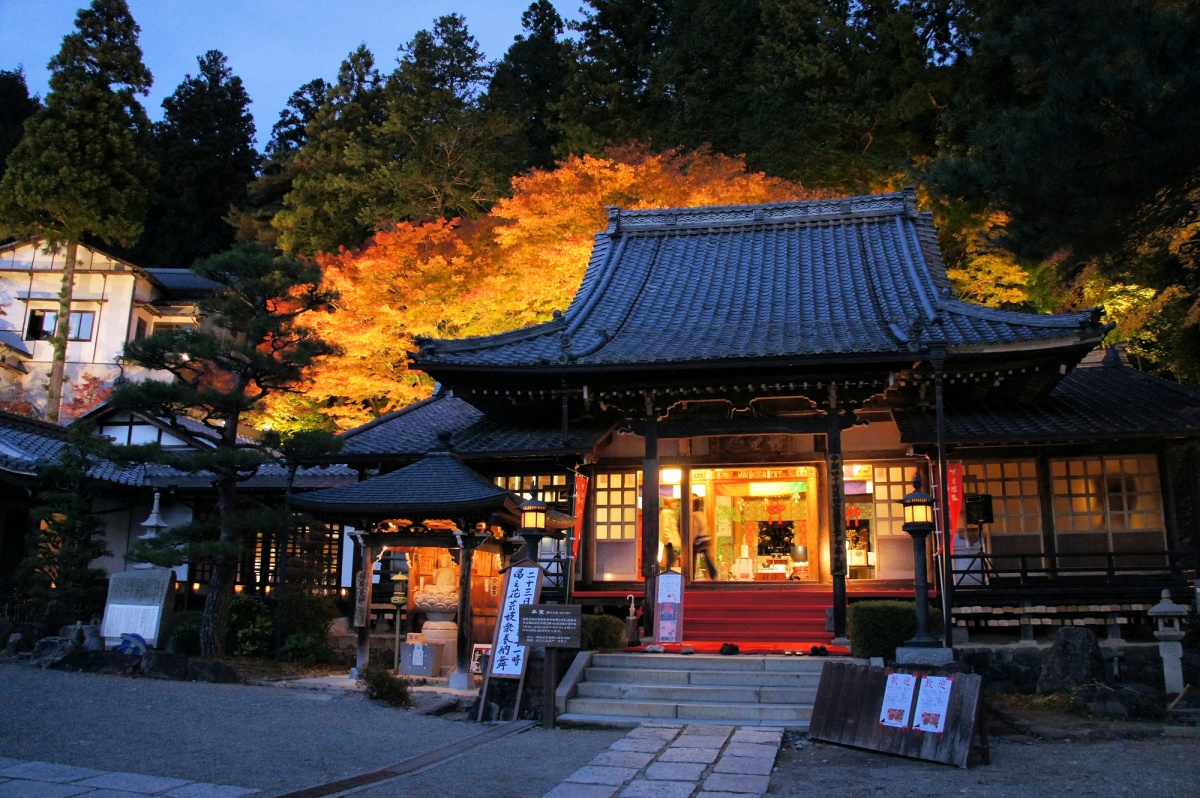
You can find the grounds of the Gero Onsen Temple when you climb a long way up to the top of a staircase, called Jizo-dou, which has 173 stone steps. When you enter the main gate of the temple, you can see the city of Gero and its landscape. The best part of the temple is its unique, silent aura. Every month on the 13th, you can try Zazen meditation for free. Wouldn’t it be nice to try Zazen meditation at such a peaceful temple?
Adress: 680 Yunoshima, Gero, Gifu, 509-2207
The Gero Onsen-ji Temple is located in Gifu Prefecture in the heart of Japan. It takes you two and a half hours from Nagoya. From Kyoto it takes you three hours and from Tokyo it'll take five hours by shinkansen. Gifu Prefecture is famous for beautiful landscape and nature. Therefore, visiting the temple is nice for relaxing and spending time in nature.
3. Nasu Onsen Shrine
http://sanpai-japan.com/2016/11/21/can-you-keep-a-secret-four-secret-hot-springs/
A master of the bow, Nasunoyoichi made a wish at this onsen shrine after being challenged to a battle. Thanks to the shrine, he was able to win the fight and become famous. After his triumphant return, he was thankful to the god of wisdom living at the Nasuno Shrine and decided to give a torii gate to the shrine as donation. Nasunoyoichi died young at the age of 24, but the people of Nasu continued to worship at the temple. Since Nasunoyoichi’s wish came true, it became famous for helping its patrons always win and succeed. So if you have the chance to go to Nasu, please visit this shrine.
Address: Yumoto, Nasu District, Tochigi, 325-0301
You can visit Nasu from Tokyo by the Tohoku Shinkansen. It takes three hours to get there. Nasu is located in the countryside with great nature. Therefore, you could rent a car at the train station or you use the bus. However, the number of buses is limited, so you should plan your trip beforehand.
4. Kizaki Onsen-ji Temple
This onsen temple was built during the Nara Period (710-794) by the emperor’s direct order to create prosperity for the nation. All temples ordered by the emperor are called Chokuganji. There are many historical cultural properties at the Onsenji. This is why foreigners will likely love it. There are a lot of temples and shrines that are named onsen temples and onsen shrines, but this temple is considered the only onsen temple that was built by an emperor’s direct order. It's very valuable to visit there.
Address: 985-2 Kizakicho Yushima, Toyooka, Hyogo, 669-6101
The best way to visit the Hyogo Prefecture is from Kyoto. It'll take you around two and a half hours to get there by train to Kinosakionsen Station.


